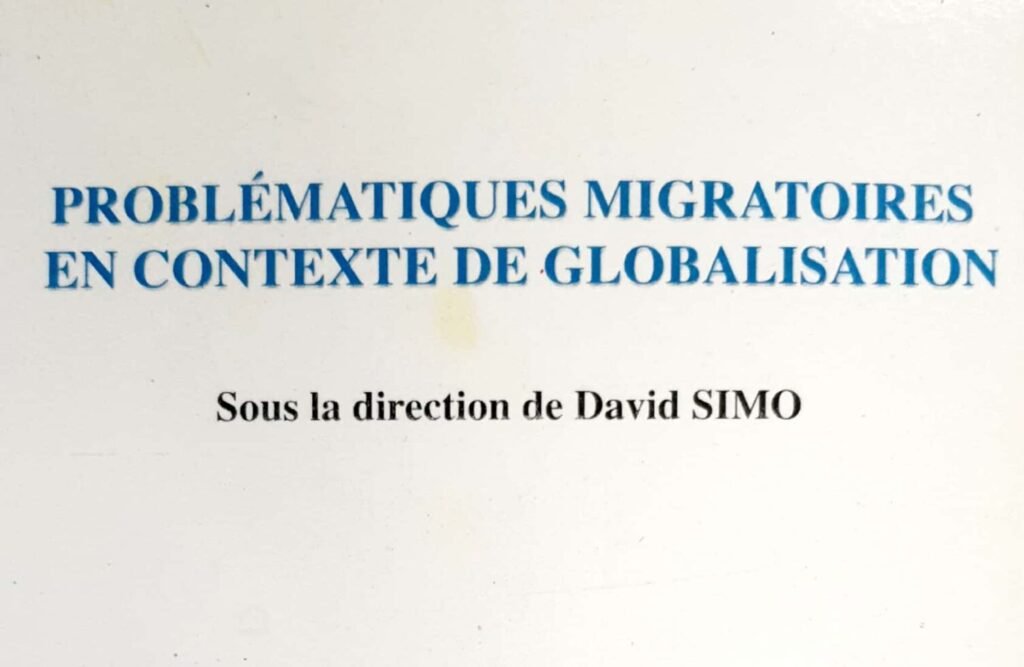
Disciplines traditionally concerned with migration include geography, sociology, anthropology, statistical and demographic sciences, economics and so on. Most of these sciences take an aggregative and statistical approach. As a result, there are a number of important publications dealing with the social, demographic, cultural and economic issues associated with migration, at local, regional and global levels. These studies focus on push and pull factors, i.e. why people leave their birthplace or country to settle elsewhere, and why they choose a particular country. Research orientations based on the methodology and paradigms that underpin the social sciences, while providing valuable knowledge for understanding migration, are increasingly showing their limits. Indeed, they are not always able to render intelligible a certain number of phenomena or events linked to migration, such as harvests in the suburbs of France, or the involvement of migrants or their descendants, presented as models of social integration, in terrorist actions in England, France or Holland.
Faced with the difficulty of providing convincing answers to certain topical questions, we had to resort to new instruments of analysis and take an interest in new issues which, until then, had been the prerogative of the humanities. As a result, the following questions have gradually emerged in migration research: What does it mean to be a migrant? What does it mean to be a migrant? What consequences does the fact of being only a part or a foreign body in a community, a nation, have on an individual, on self-esteem, on the perception of others, in short on one's personality? What does it mean to be perceived and treated as part of an entity that is absent, with which you must nolens volens identify, without being able to enjoy the beneficial warmth of its proximity, and without the certainty that it considers and treats you as one of its own? How do you relate to a space in which you live while being excluded? How do phenomena like nostalgia, loyalty, exile and rootlessness work? What possibilities do new information technologies and satellite broadcasts of local channels offer in terms of proximity, identification, ruptures in identification, the constitution of new identities? In what cognitive coherence or dissonance do we live in a diasporic context? How does migration affect the culture of the receiving country and that of the country of origin? In short, what are the psycho-social, intellectual, cultural and existential consequences of migration, both for the migrant as an individual and for the communities he or she helps to build, or which represent for him or her redhibitory instances of appeal or injunction? These are questions whose answers are often at the heart of migrants' artistic, literary or intellectual creativity. By exploring these places of simulation, staging and mise en abyme, where the conscious and unconscious intersect, where lives are told, commented on and questioned, we can capture the wounds, tensions, cracks, anxieties, hopes, dissonances and semiosis that migration generates. This is the guiding principle of the present work.
between the Faculty of Medicine and the Centre National de Développement du Numérique Universitaire (CNDU)